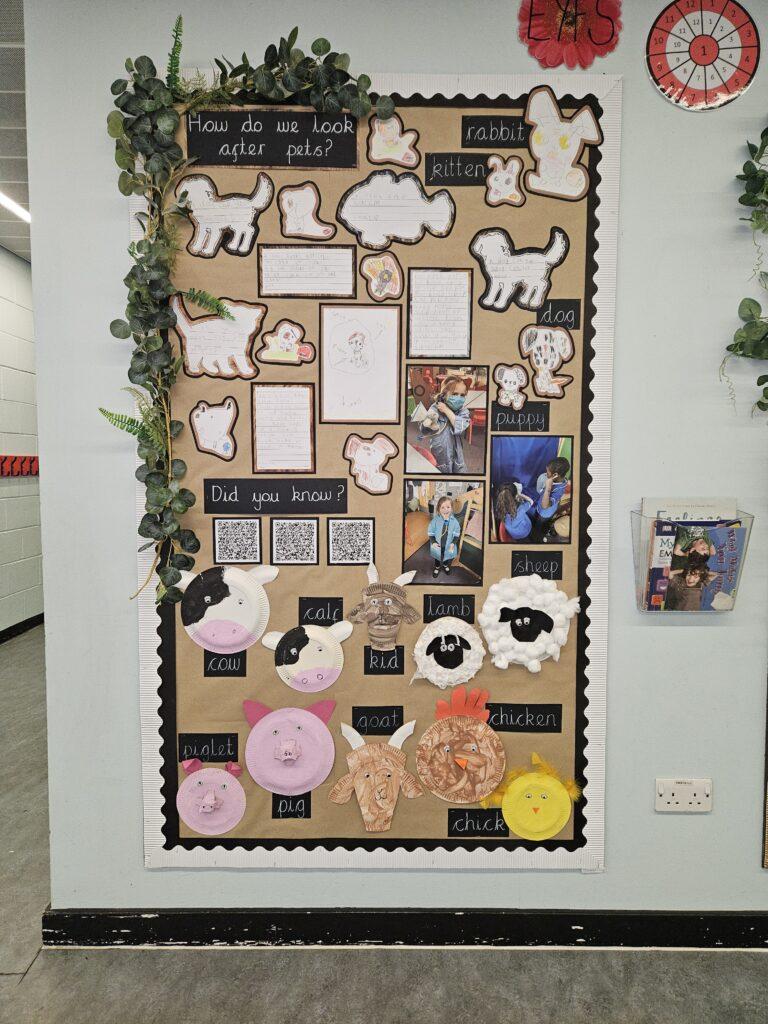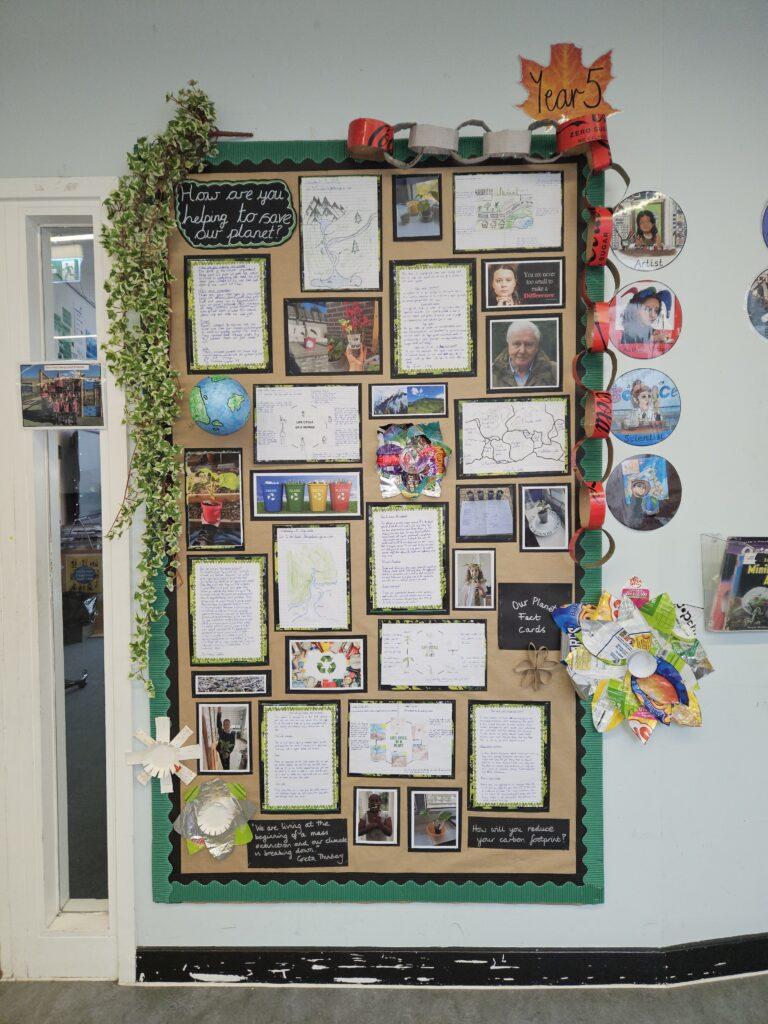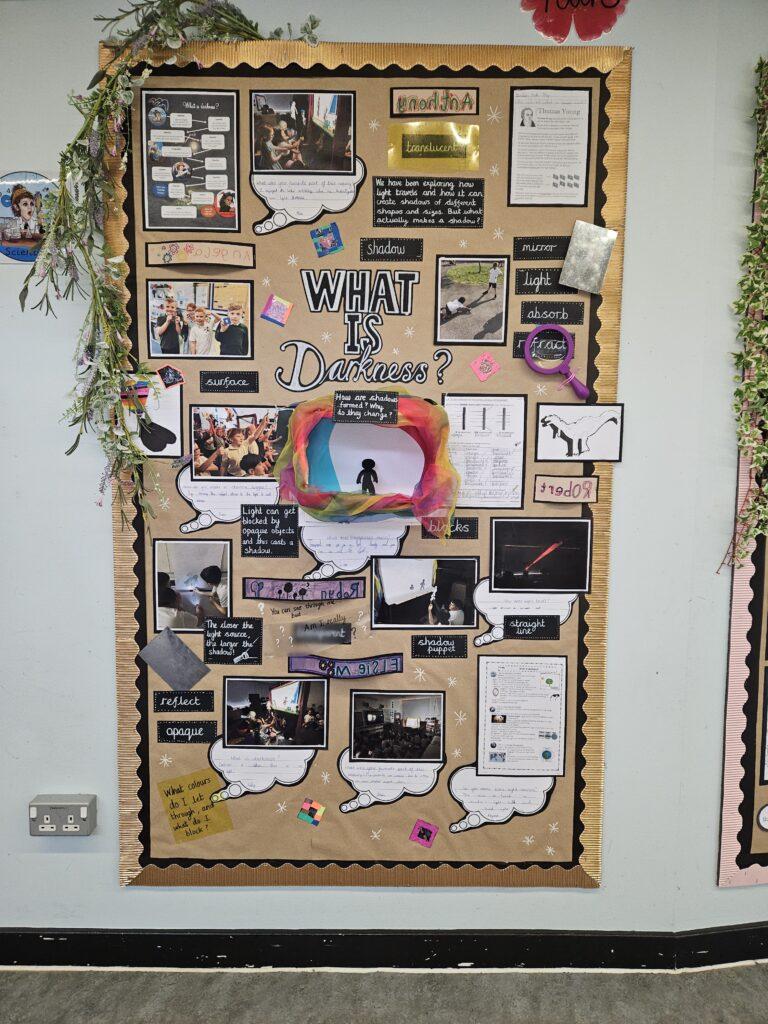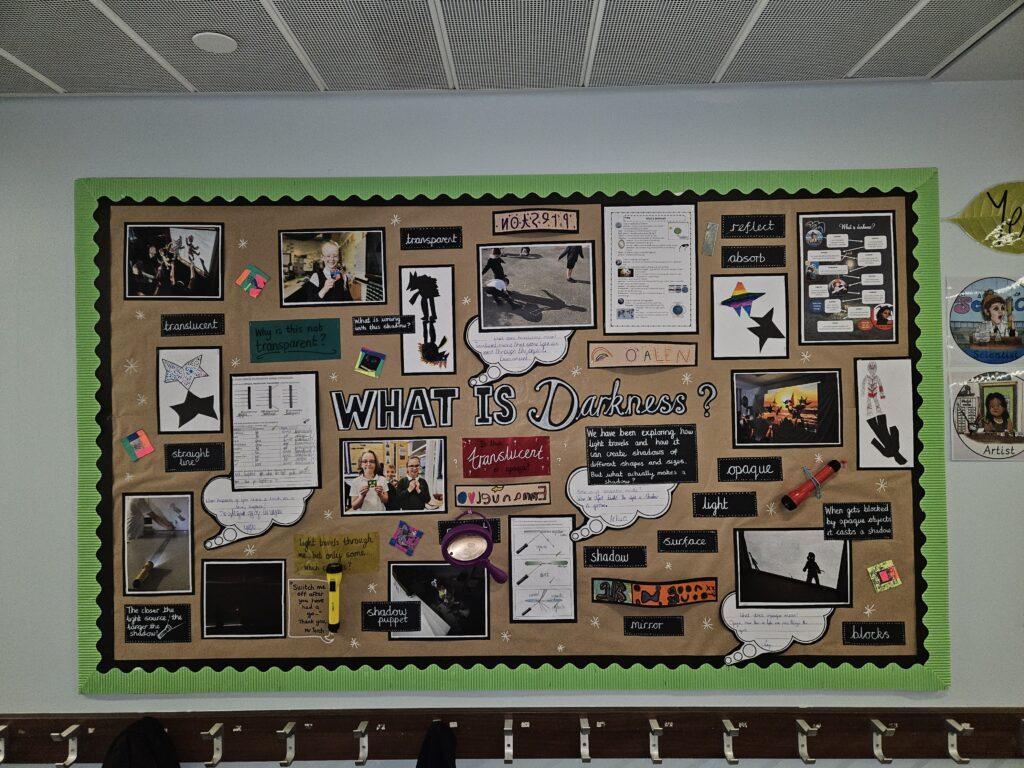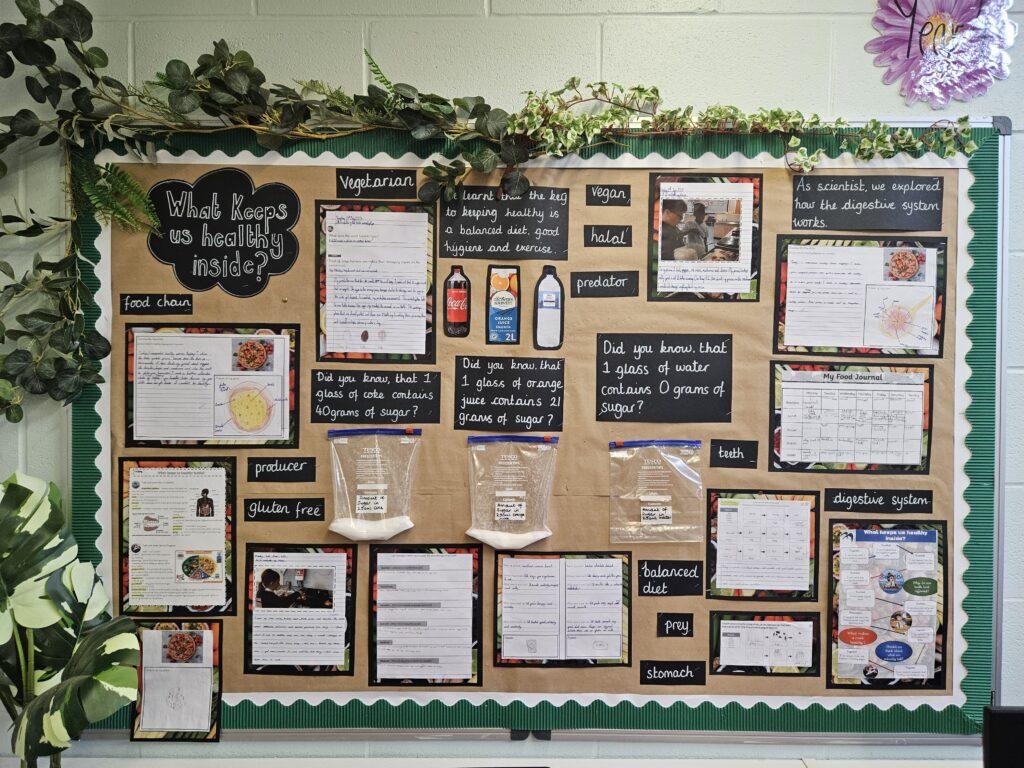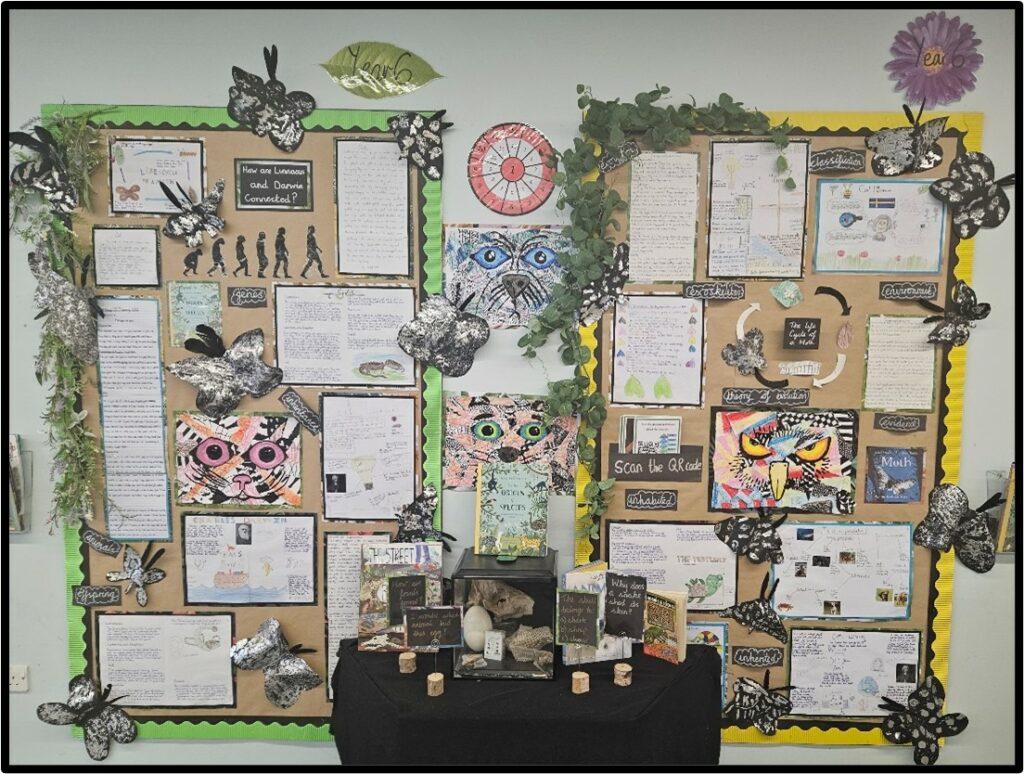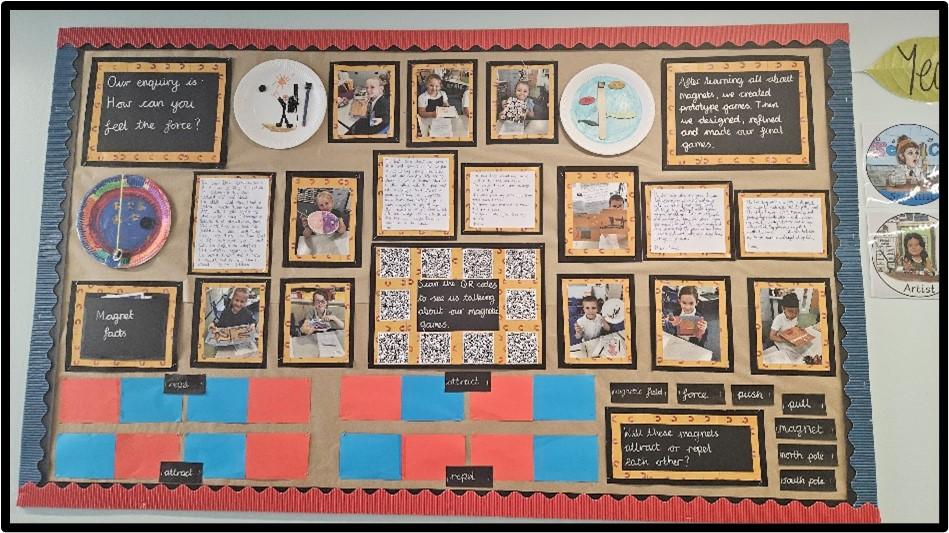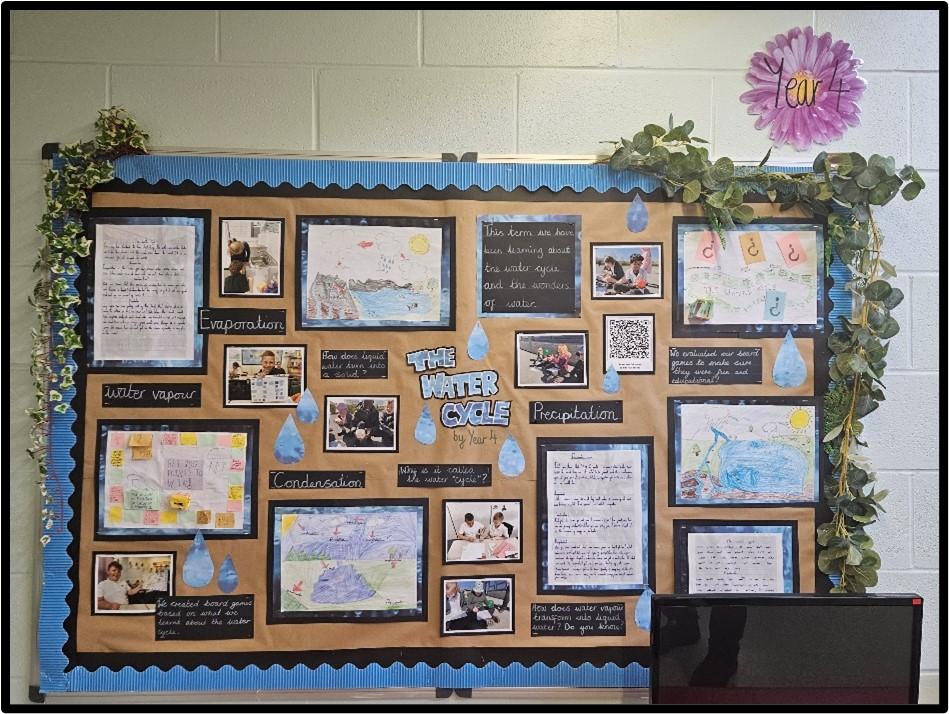Curriculum Lead: Kim Fenton
Intent:
At Bridge Learning Campus, we believe that science is a lens through which children can explore, understand, and question the world around them. That science enables children to develop a deep understanding of the natural world, and the processes that govern it.
Our ambition is that every child leaves our school able to apply scientific knowledge to real-world situations, ask critical questions, and seek solutions to problems.
We ensure these skills are explicitly taught and progressively developed across year groups, to empower our pupils to become confident scientific thinkers.
Through building up a body of key foundational knowledge, vocabulary and concepts, we will encourage pupils to recognise the power of rational explanation and develop a sense of excitement and curiosity about natural phenomena. We inspire children to understand how science can be used to explain what is occurring, predict how things will behave, and analyse causes.
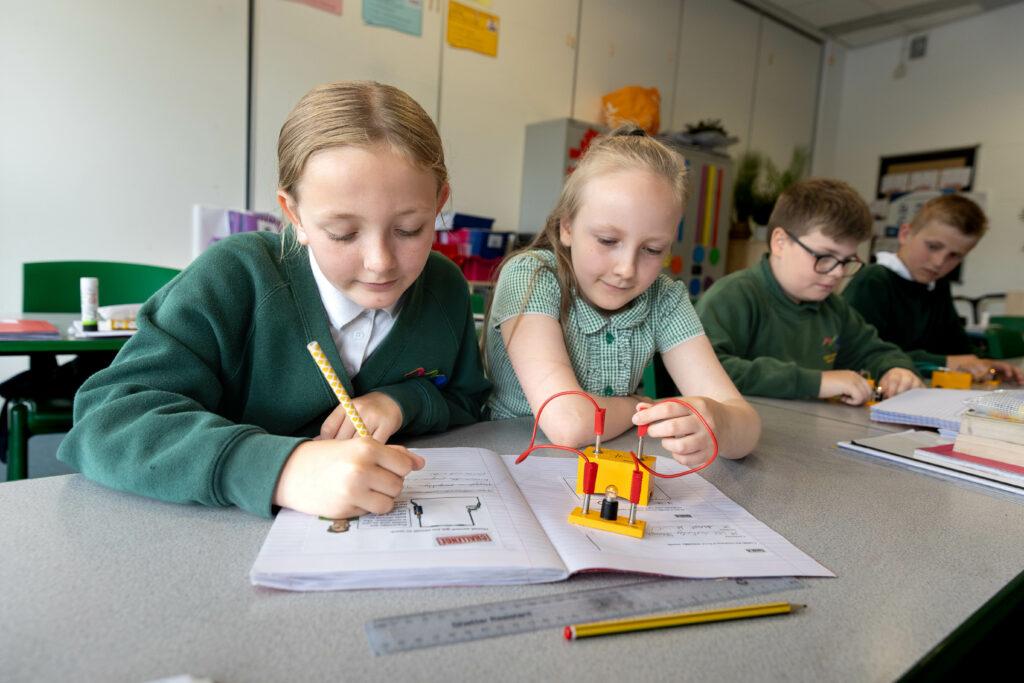
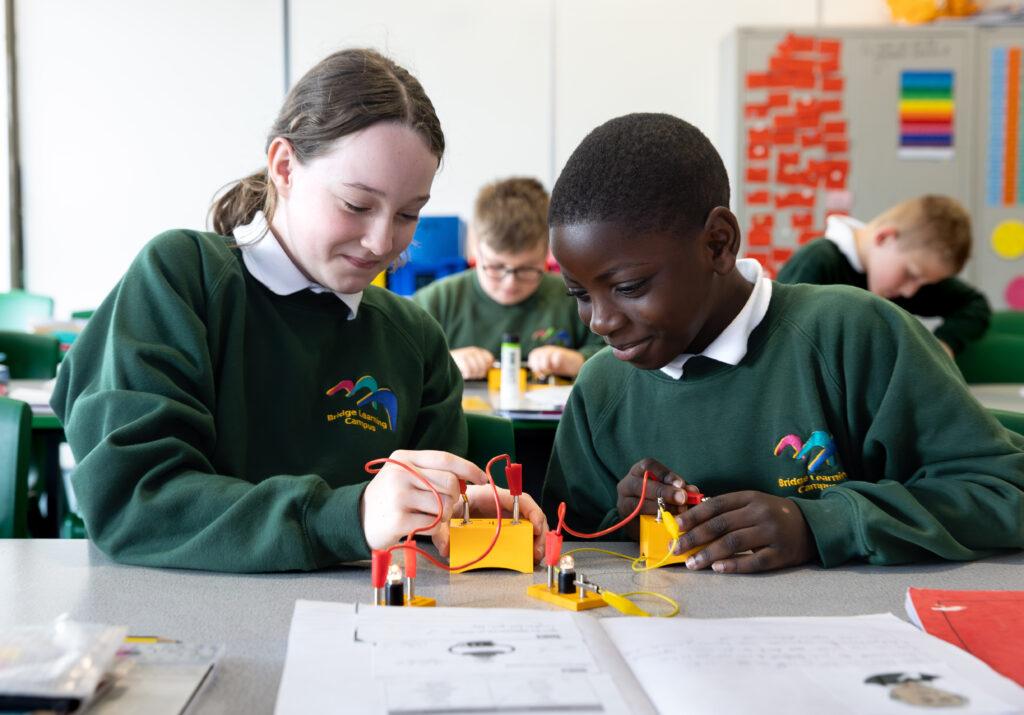
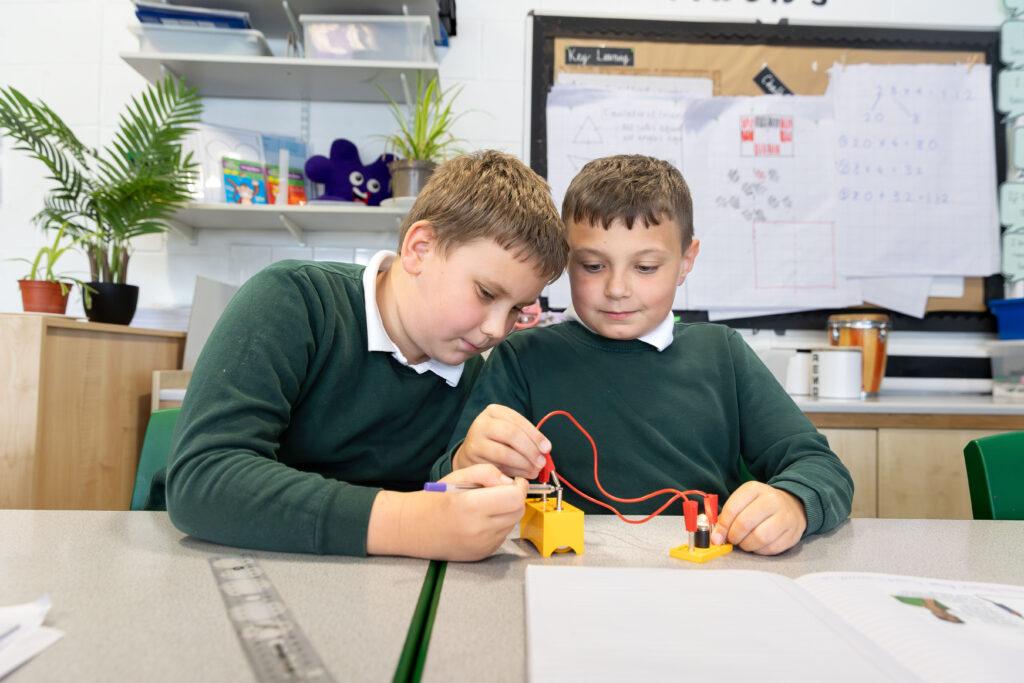
Implementation:
Our science curriculum is underpinned by CUSP (Curriculum with Unity Schools Partnership), an evidence-led, knowledge-rich approach. The CUSP Science Curriculum provides a coherent, structured approach to science, with knowledge carefully sequenced and interleaved to secure understanding and retention. Three Distinct Scientific Disciplines – Biology, Chemistry, and Physics are explicitly taught, ensuring depth and rigour. Scientific knowledge and skills build cumulatively from EYFS to Year 6. Explicit teaching of tiered vocabulary inspires pupils to articulate scientific concepts with precision.

Each science lesson follows a structured, research-informed model. The lessons follow key phases:
- Connect – Activating prior knowledge and linking new information to that already known.
- Explain – Explicit vocabulary instruction and teacher-led explanation of new concepts.
- Example – Modelling scientific thinking, processes, and practical investigation techniques.
- Attempt – Guided practice, with scaffolding and questioning to deepen understanding.
- Apply – Independent scientific investigation, analysis, or explanation of concepts.
- Challenge – Higher-order thinking, including evaluating scientific ideas, drawing conclusions, and discussing real-world applications.
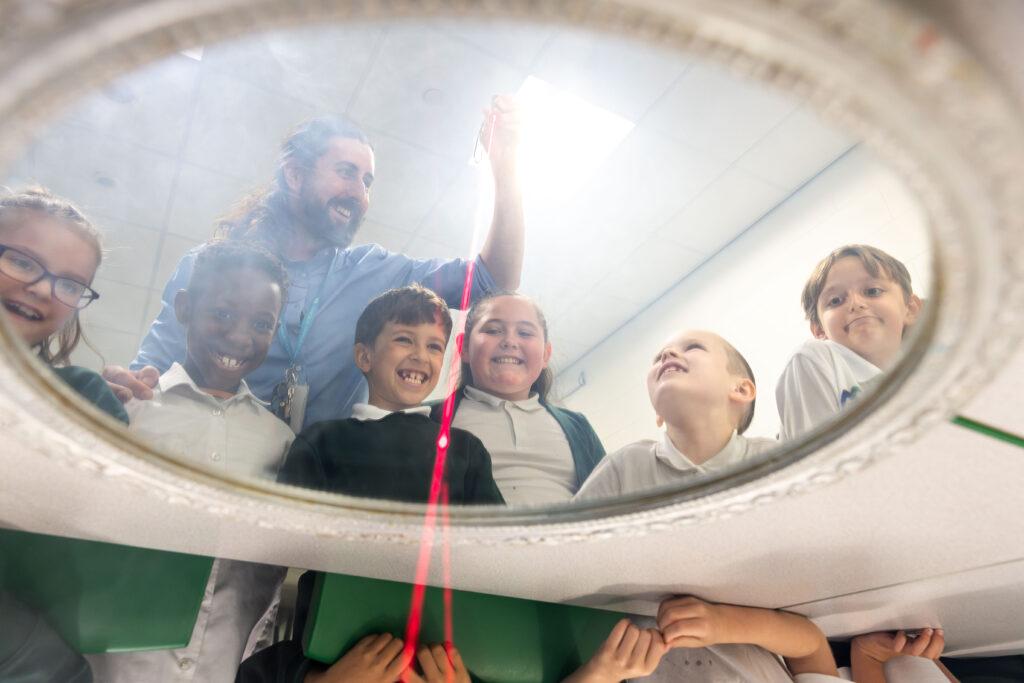
We recognise science is not just knowledge acquisition; it is about thinking and working like a scientist. Our curriculum dares pupils to develop disciplinary knowledge by engaging in observing and classifying, measuring and testing, experimenting and predicting, researching and explaining, recording and drawing conclusions.
Through this approach, pupils not only learn scientific facts, (substantive knowledge) but develop the ability to think, reason, and work scientifically, (disciplinary knowledge).
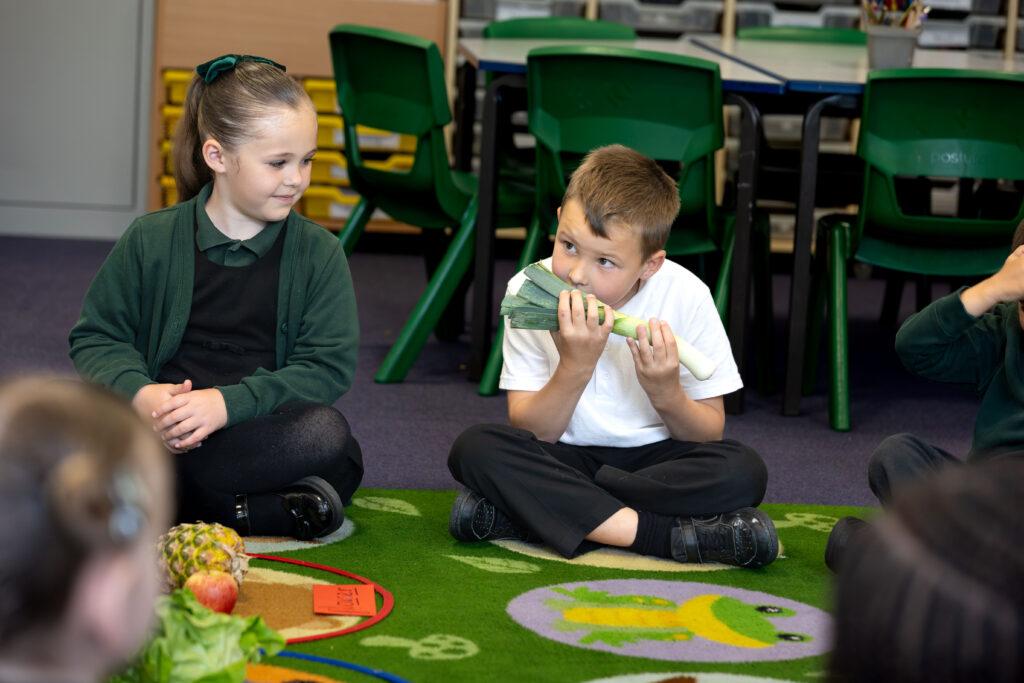
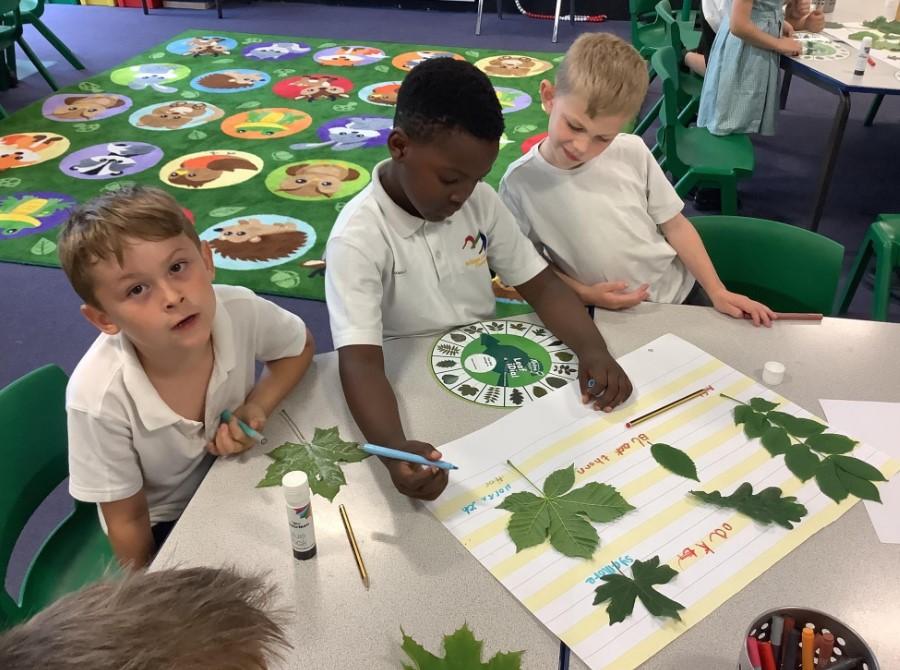
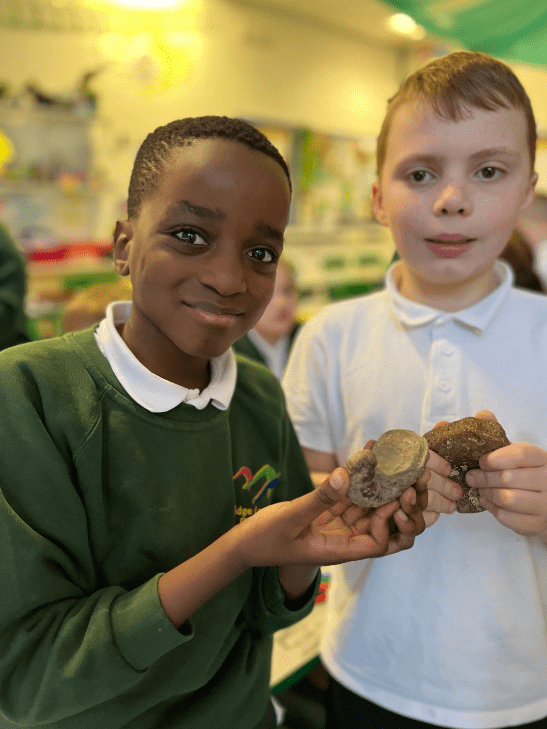
Impact:
Through engaging in our structured, rigorous curriculum, pupils will actively graft in scientific discovery, showing a developing confidence in their knowledge and investigative skills.
Evidence in questioning, drop-in’s, retrieval practice, marking, book looks, pupil voice will reveal curious young scientists with an inquisitive and well-informed approach.
Children will make effective progress over time across key stages relative to their individual starting point. They will be expected to leave Bridge Learning Campus reaching at least age-related expectations for science, and with a deep understanding of why science matters in the real world.
Progression Document
- National Curriculum Programmes of Study
- CUSP Science LTP
- CUSP Science (Understanding the World) EYFS Reception
Knowledge Organisers

Year 1
| Term 1 | Term 2 | Term 3 | Term 4 | Term 5 | Term 6 |
| Seasonal Changes | Animals Incl. Humans | Materials | Plants |
Year 2
| Term 1 | Term 2 | Term 3 | Term 4 | Term 5 | Term 6 |
| Living Things | Animals Incl. Humans | Materials | Plants |
Year 3
| Term 1 | Term 2 | Term 3 | Term 4 | Term 5 | Term 6 |
| Rocks | Animals Incl. Humans | Forces and Magnets | Plants | Plants | Light |
Year 4
| Term 1 | Term 2 | Term 3 | Term 4 | Term 5 | Term 6 |
| Living Things Classification | States of Matter | Animals incl. Humans – Teeth – Digestion | Animals incl. Humans Food Chains | Electricity | Sound |
Year 5
| Term 1 | Term 2 | Term 3 | Term 4 | Term 5 | Term 6 |
| Properties and Changes | Animals incl. Humas | Forces | Earth and Space | Living Things Classification Life Cycles | Living Things |
Year 6
| Term 1 | Term 2 | Term 3 | Term 4 | Term 5 | Term 6 |
| Electricity | Animals incl. Humas Circulatory System | Animals incl. Humans Digestion | Light | Living Things Classification | Living Things Evolution |
Science Enquiry Displays
